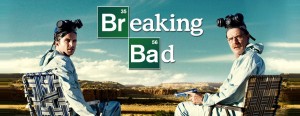“Reforms by advances, that is, by new methods or gadgets, are of course impressive at first, but in the long run they are dubious and in any case dearly paid for. They by no means increase the contentment or happiness of people on the whole. Mostly, they are deceptive sweetenings of existence, like speedier communications which unpleasantly accelerate the tempo of life and leave us with less time than ever before.” -C.G. Jung, Memories, Dreams, Reflections, p. 264
Maybe we should substitute “devices” for the word “gadgets” in the above quote. I feel very mixed sometimes about how easily I’ve accepted digital devices into every aspect of my life. It’s remarkable how my thinking and my time have been rewired as a result, and mostly I go around with only a vague sense that something isn’t right, that subtle damage is being done, despite the benefits. Jung is right to point to the unpleasant acceleration of life’s tempo–the faster we communicate, and the more “information” we process, the more we have lost time in its expansive sense, and the less we really know. How many moments in our day offer a sense of fullness and presence? The benefits of advances always exact a price. I am imagining Jung still sitting in his tower at Bollingen, cooking over an open fire and reading by lamplight, asking us progress-hungry moderns to think twice about our own sanity. It’s at least worth finding moments in which to recollect ourselves to real presence.


